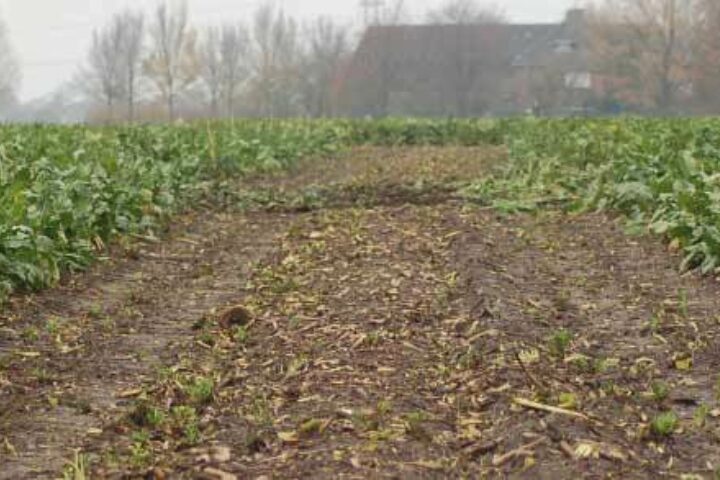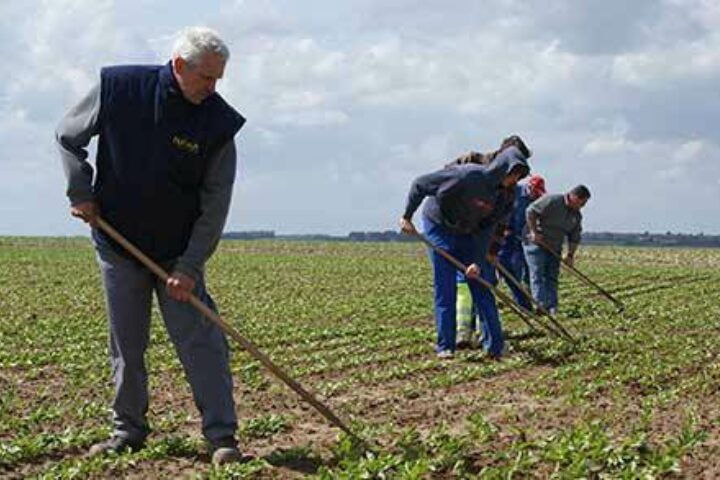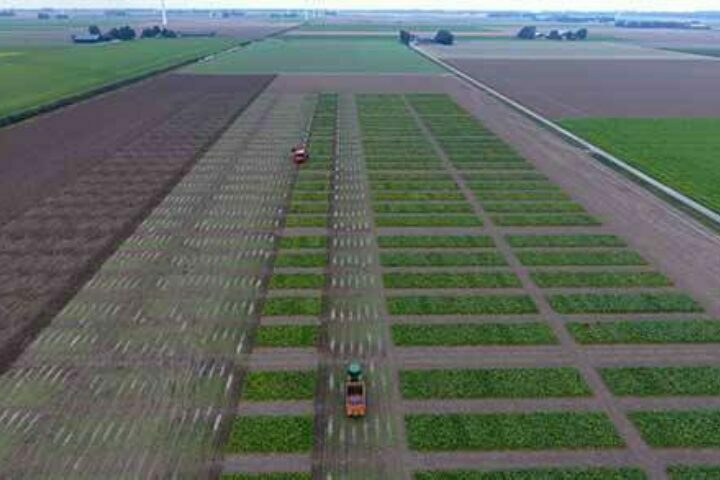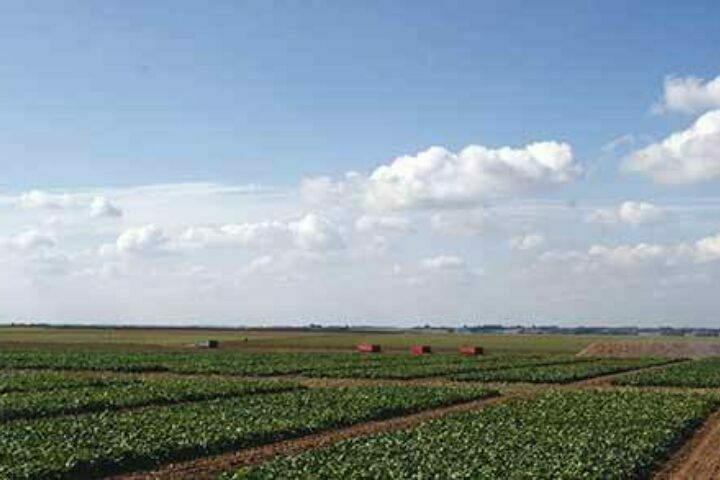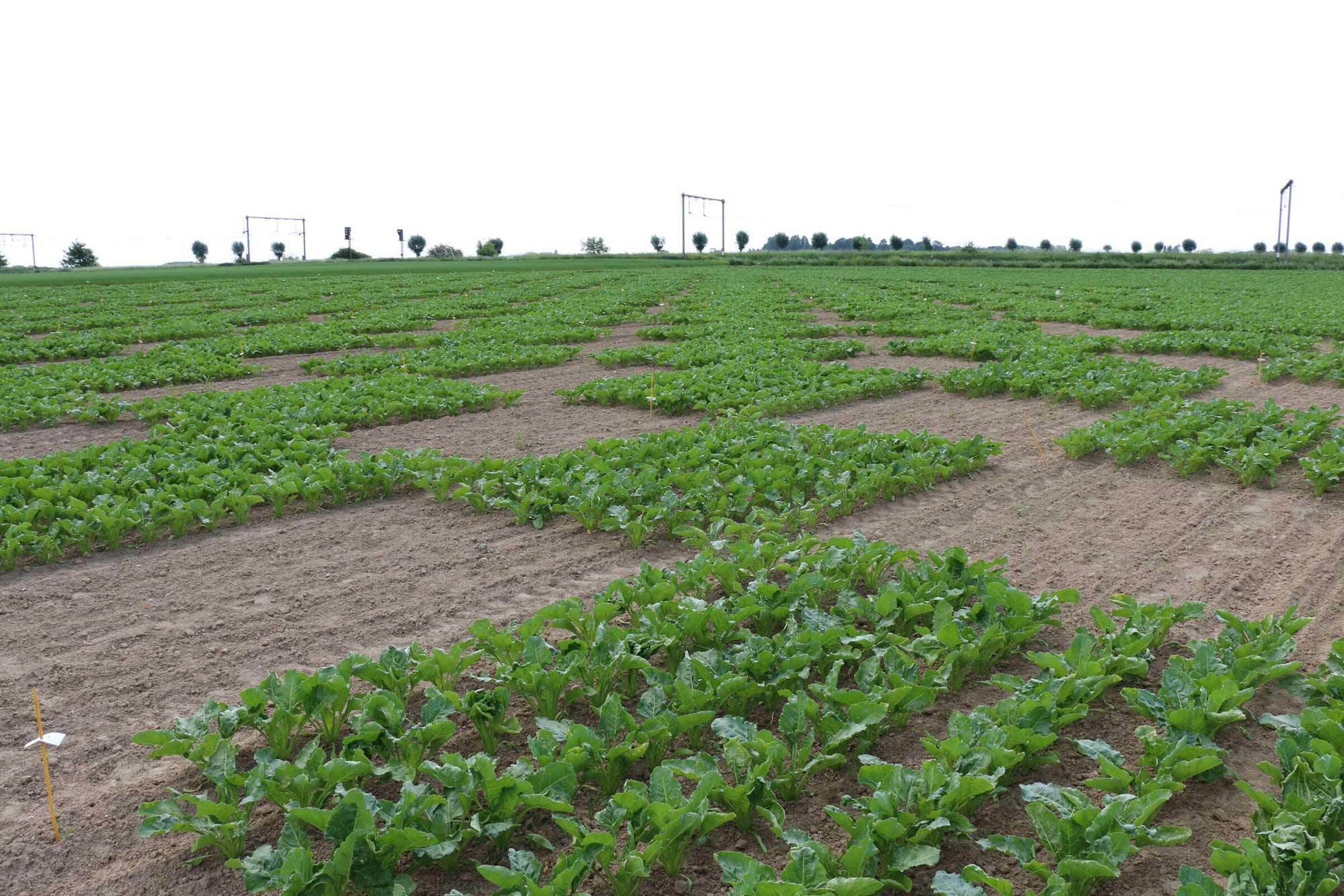Field trials
After the breeding process of the new hybrids, the inbred traits of this new material, now called hybrids, are put to the test in field trials. These trial fields are spread across the main sugar beet growing areas and are repeated over multiple years. Field trials are a critical step in the research process where we confidently select the best hybrids to keep.
Local field trials around the world
SESVanderHave has thousands of field trials plots around the world – from the United States to Russia – where the material can be tested under local production and climatological conditions. In cooperation with experienced local growers, the new hybrids are tested along with the best approved varieties to confirm whether the new hybrids perform better than the ‘regular’ sugar beet varieties.
During the growing season, our technical field experts, in collaboration with our breeders, monitor the different plots for emergence, pest and disease tolerance, bolting tolerance, and other plant characteristics.
Learn more about our innovative monitoring projects: BeetPhen and Sense Of Field.
Harvest of the trial fields
At the end of the growing season, our research staff harvest the sugar beets from the trial plots with specially designed research harvesters. These (all-in-one) harvesters allow us to measure each variety for
- root yield
- sugar concentration
- purity
This way, we can a.o. calculate sugar yield and the economic payments that growers would receive. After statistical analysis at the United Beet Innovation Centre (UBIC), our research facility formerly known as the SVIC, a decision is made on which hybrids continue for further research.
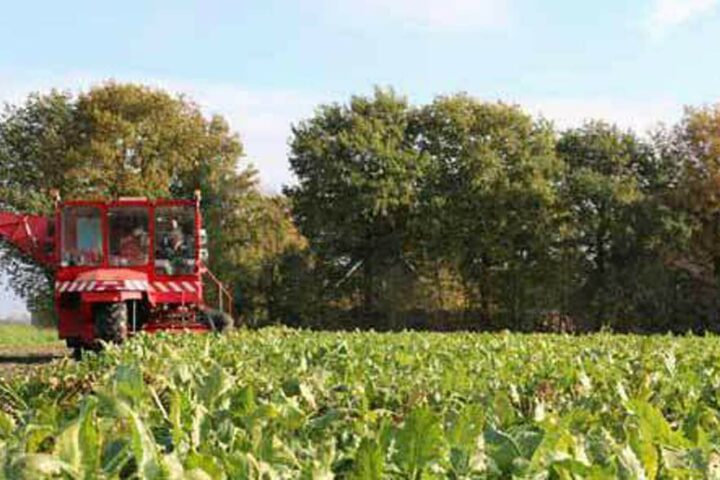
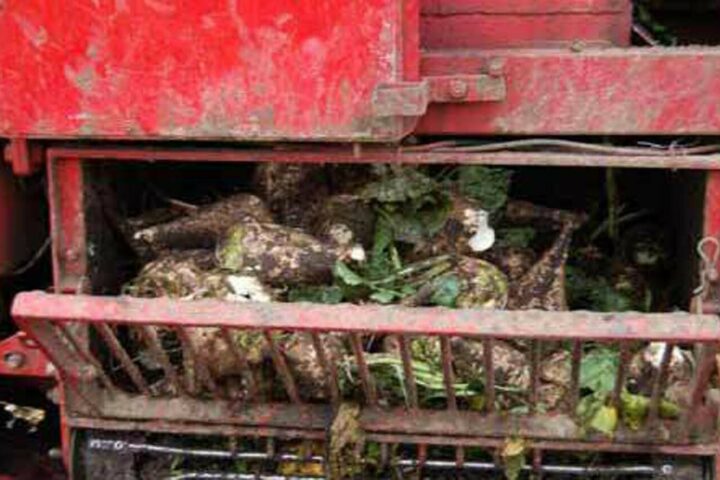
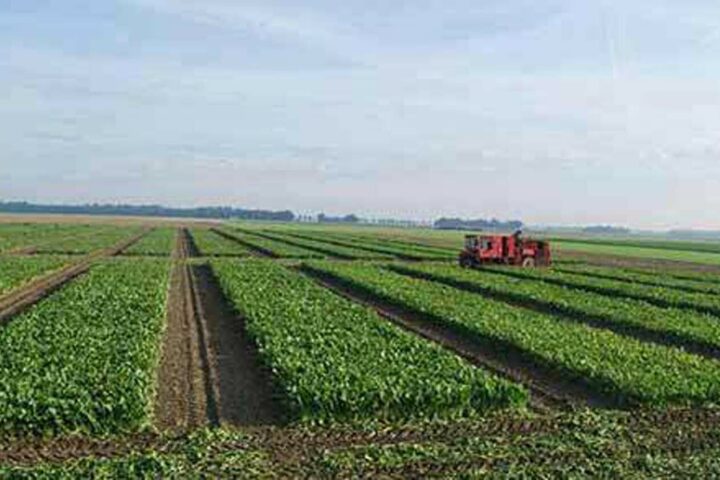
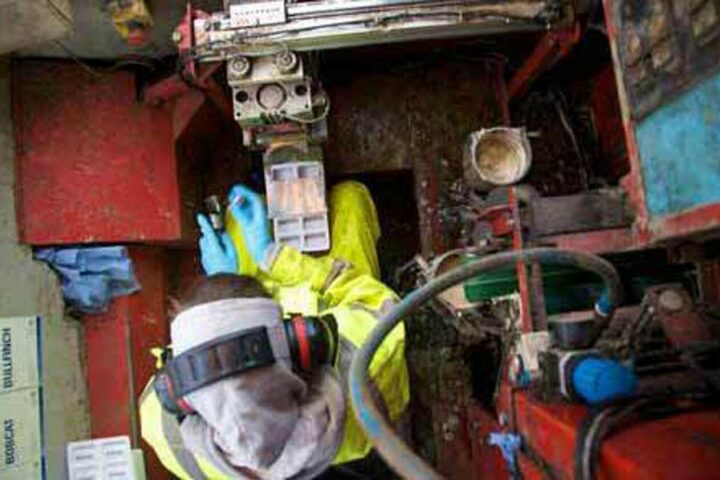
During the peak period, our sugar analysis lab receives as many as 172,000 samples of beet mash from the field trials. The collected samples are transported in freezers to our laboratory, where they are then thoroughly analysed. Curious to see what this process entails? Take a look behind the scenes in our sugar analysis lab in the video below!
Official variety trials
After multiple years of research and data processing, SESVanderHave enters the best hybrids into official variety trials, trials organized by local authorities (the local sugar beet institutes). In these “Official Variety Trials”, or OVTs, submitted new entries from every seed company are tested in different regions of that country, against reference varieties and against the trait standards set for that local market.
Sugar beet varieties are often tested in OVTs for two or three years to demonstrate the stability of new entries and to surpass any sugar quality and disease requirements of that local market. Only a limited number of varieties will make it to the (public) official approval list which growers can choose from.
It takes several years of development to quantify the traits, yield, quality and stability of the thousands of possible experimental hybrids to reach the final approval in OVTs, after which the new sugar beet varieties are finally ready for commercialization.
